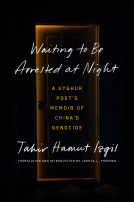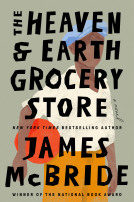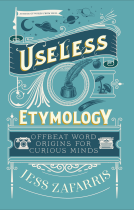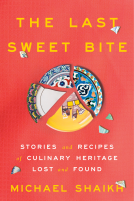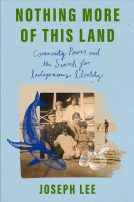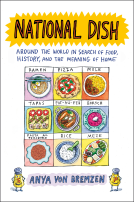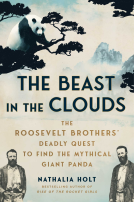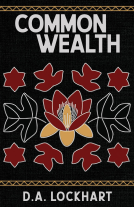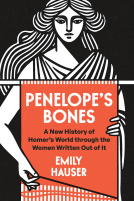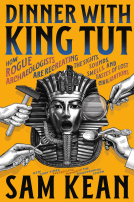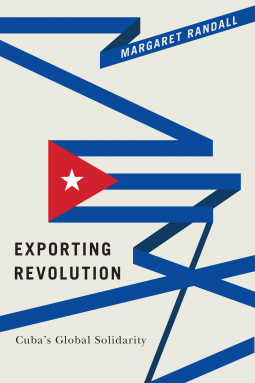
Exporting Revolution
Cuba's Global Solidarity
by Margaret Randall
This title was previously available on NetGalley and is now archived.
Send NetGalley books directly to your Kindle or Kindle app
1
To read on a Kindle or Kindle app, please add kindle@netgalley.com as an approved email address to receive files in your Amazon account. Click here for step-by-step instructions.
2
Also find your Kindle email address within your Amazon account, and enter it here.
Pub Date Apr 28 2017 | Archive Date Apr 07 2017
Duke University Press | Duke University Press Books
Description
Advance Praise
"Cuba’s internationalist record since it gained independence is utterly without parallel, a record even more remarkable on the part of a small country under unremitting assault by the global superpower. This highly instructive account by a poet immersed in Cuban culture, and deeply familiar with Cuban society, raises critical issues that all should ponder, Americans in particular." — Noam Chomsky
"In Exporting Revolution, Margaret Randall turns Cold War dogma on its head, showing how the small and blockaded country of Cuba was able to marshal its resources and the remarkable solidarity of its people to offer disaster relief, medical care, and literacy classes in countries far beyond its borders. Randall’s deeply moving account gives us hope that an internationalism grounded in generosity could be an alternative to a global order ruled by economic and military might." — Sujatha Fernandes, author of, Cuba Represent!: Cuban Arts, State Power, and the Making of New Revolutionary Cultures
Available Editions
| EDITION | Paperback |
| ISBN | 9780822369042 |
| PRICE | $24.95 (USD) |
| PAGES | 272 |
Featured Reviews
 Reviewer 153322
Reviewer 153322
Reflecting recently on the death of Fidel Castro, I wondered at the continued vehemence--not just by Florida ex-pats. I grew up in the Cold War, I get it, but since the missiles, and since the trailing off of the interventions in Africa in the 1970s, and perhaps especially since the withdrawal of Soviet economic props in 1989, Cuba has been way less than an existential threat. This study goes a long way to explaining how, with very few tangible resources, the Castro regime exported soft power--doctors, teachers, agriculturists, baseball players, musicians--in ways that allowed them drastically disproportionate influence in places of US interest (and where the US had monetary and resource leverage). That Castro could so thoroughly seize and control a moral and political narrative from a position of such disadvantage is worth asking how and why.
Readers who liked this book also liked:
Tahir Hamut Izgil
Biographies & Memoirs, History, Nonfiction (Adult)
